As with all Bethesda open-world adventures on PC, there are many Oblivion Remastered console commands and cheats to tinker with to delve deep inside its code. These are especially helpful for those who wish to make custom content for the game in the future.
Perhaps you’re one of those creators who need access to the console commands to create Oblivion Remastered mods, or update your existing ones to the new Unreal 5 Engine powering this updated version. If so, you’ll find details about accessing the console and the full list of codes below. Otherwise, if you want to cheat your way across the land of Cyrodiil, some of these codes will certainly let you do just that.
Table of contents

How to access Oblivion Remastered console commands
If you are playing the PC version of Oblivion Remastered, you can access the console commands by pressing tilde (~) on your keyboard. Doing so will bring up a black screen with a prompt informing you that typing anything here will disable achievements. We recommend saving before interacting with this feature.
There are five different types of console commands in Oblivion Remastered: Toggle, character, quest, targeted, and miscellaneous. We’ll go over all of these in more detail later on.

All console commands in Oblivion Remastered
Toggle
You can do some of the toggle console commands by accessing the console menu, then clicking on an NPC to assign it as a target first, before entering the code. We will indicate below if that is possible. Here are all of the Oblivion Remastered toggleable console commands and their effects:
| Console Command | Effect |
|---|---|
| showsubtitle | This toggles the NPC subtitles. |
| tai | Toggles the AI behavior of the NPCs in the game. |
| tcai | Toggles the AI combat difficulty of the enemies in the game. |
| tcl | Toggles collision on a clicked target. If no target is clicked, this toggles the collision on the player character instead. |
| pcb | Purges the cell buffer. |
| tdetect | Toggles AI detection. |
| tdt | Toggles debug text. |
| tfow | Toggles the fog of war, revealing the entire local area map. |
| tfh | Toggles full help. |
| tgm | Toggles God Mode, allowing for player to become invincible. |
| tll | Toggle land LOD |
| tm | Toggles menus. |
| tmm <#> | Toggles map markers. “tmm 1” turns them all on, whereas “tmm 0” turns them all off. No other numbers work. |
| tt | Toggles the appearance of trees. While they are invisible, they are still clipped. |

Character
The rest of these cheats are a little more complex to understand, but the easiest ones to explain are the character console commands. While the majority of the codes activate a menu where you can alter your character, there are a few that require additional information.
Any code with “player” in the console command works on a targeted NPC. Simply click them in the console window, then type out the rest of the code, but without the “player” part. You can use this to set an NPC’s level to whatever you wish, or give them access to a skill they otherwise wouldn’t have. Here are all the Oblivion Remastered Character Console Commands:
| Console Command | Effects |
|---|---|
| advlevel | Forces your character to level up. |
| advskill <skillname> <#> | Forces the <skillname> to increase <#> levels. For example, advskill acrobatics 3 will increase your Acrobatics skill by three levels. |
| player.setAV <ability/attribute> <#> | Change the current ability or attribute of the player by <#>. This can target an NPC instead of the player by clicking on them in the console window and omitting the “player” part of the string. |
| player.setlevel <#> | Changes the level of the player by <#>. This can target an NPC instead of the player by clicking on them in the console window and omitting the “player” part of the string. |
| SetPCFame <#> | Puts the fame of the player to the set level. |
| SetPCInfamy <#> | Puts the fame of the player at the set level. |
| SexChange | Allows the player character to change gender type. |
| ShowRaceMenu | Allows the player to change race, face, gender type, and name as if they were creating a new character. |
| ShowBirthsignMenu | Allows the player to change their Birthsign. |
| ShowClassMenu | Allows the player to change their class. |
| ShowEnchantment | Opens the Enchanting window. |
| ShowSpellMaking | Opens the Spell creation window. |
| swdp | Shows enemies that detect the presence of the player. |
| modspca <attribute> <#> | Adds <#> points to the player’s <attribute>. Attributes are Strength, Intelligence, Willpower, Agility, Speed, Endurance, Personality, and Luck. |
| modspcs <skill> <#> | Adds <#> points to a player’s <skill>. Skills include Armorer, Athletics, Blade, Block, Blunt, Hand-to-Hand, Heavy Armor, Alchemy, Alteration, Conjuration, Destruction, Illusion, Mysticism, Restoration, Acrobatics, Light Armor, Marksman, Mercantile, Security, Sneak, and Speechcraft. |
| psb | The player learns every spell in the game. |
| addscriptpackage 0009E69B | Turns the target into a follower of the player character. This requires a target NPC to be clicked on first. |
| Setscale <#> | Sets the size of the target. This requires a target NPC or item to be clicked on first. |

Quest
The next most complicated console commands involve quests. This is because we now need to talk about IDs. For example, every quest in the game has a specific Quest ID, or qID for short, assigned. Some strings ask you to enter a Stage, or <stg>, namely the checkpoints for each quest in the game. As an example to give you an idea of what you’re looking for, the quest where you travel to Kvatch to find the heir has the qID “MQ03” and it has a total of nine stages (the stg IDs are unique to each quest), whereas a side quest in the Imperial City where you investigate a corrupt guard has the qID “MS26”.
To find out the qID or stg, use the ShowQuestTargets console command. Below are all the Oblivion Remastered Quest console commands:
| Console Command | Effects |
|---|---|
| completequest <qID> | Completes the assigned quest. |
| caqs | Complete all quest stages for your current quest. |
| GetStage <qID> | Shows the current quest stage for the indicated quest at the point where you are up to. |
| player.completequest <qID> | This removes the quest from the list, but will not “complete” it. Any following NPCs will become neutral. They’ll still follow you but won’t fight. They’ll also attack you if you hit them first. |
| ShowQuestTargets | Shows the active quest’s ID and current stage. |
| SetStage <qID> <Stg> | Advances the indicated <qID> to <stg>. This can be helpful for if you find a bugged quest and wish to advance the story. You can’t use this to un-complete quest stages. |
| setquestobject <BaseID> <flag> | Set an object as a quest object. Flag indicates quest object as 1 and non-quest object as 0. BaseID is the item you target. |
| showfullquestlog <qID> | Displays the log entries for the indicated qID. |
| showquestlog | Shows the quest log. |
| showquestlog 0 | Shows the current quest log. |
| showquestlog 1 | Shows the completed quest log. |
| sq | Shows all quests and stages. |
| sqt | Shows the current quest. |
| movetoqt | Teleports to the quest’s current target. |

Targeted
The most versatile of the Oblivion Remastered console commands can target specific items or generate items from out of nowhere. You’ll find that many of the commands below require IDs or codes. Targeting by clicking an item in the console command window can help expedite the process, as you don’t need to manually enter the ID.
To get a specific item or spell ID, we recommend using the first command on the list, which searches for the item or spell by name to give you its ID. With that in hand, you should be able to plug it into one of the many Oblivion Remastered Targeted Console Commands available:
| Console Command | Effects |
|---|---|
| help <item/spell/object name> | Gives you the ID of an item, spell, or object you specify. |
| activate | Activates the target. |
| additem <ItemID> <qty> | Adds a number of <ItemID> to the value of <qty> to your inventory. |
| disable | Disables an object or NPC, removing it from the game world. |
| enable | Enables an object or NPC, returning it to the game world. |
| removeitem <ItemID> <qty> | Removes a number of <ItemID> to the value of <qty> from your inventory. |
| equipitem <ItemID> <NoUnequip> | Forces the <ItemID> to be equipped. This must be in your inventory. <NoUnequip> value set to 1 prevents it from being unequipped, while 0 or blank returns it to normal. |
| removeallitems | Removes all items from the player’s inventory. |
| addspell <SpellCode> | Adds <SpellCode> to the character’s spell list. |
| removespell <SpellCode> | Removes <SpellCode> from the character’s spell list. |
| dispel <SpellCode> | Dispels the effects of <SpellCode> from the target. This also works on enchantment effects affecting the target. |
| dispelallspells | Dispels all spell-based magical effects from the target. This doesn’t work on enchantment effects that are affecting the target. |
| createfullactorcopy | Clones the target actor. Be careful if cloning followers, then disabling them with the below code, as the game acts as if they’re still following you. You won’t be able to recruit members of that faction until the clone is killed or sent away. |
| deletefullactorcopy | Deletes a clone of the target actor. |
| duplicateallitems <refID> | Duplicates all the items from the target container to the container referenced in <refID>. |
| getav <attribute> | Gets the value of an attribute. These include the basic attributes, derived attributes such as health and magicka, skills, spell effects, and NPC-only attributes such as aggression and responsibility. |
| setav <attribute> <#> | Sets <attribute> of target to <#>. |
| kill <actorID> | Kills the actor. Specifying the <actorID> will assign any credit for the kill, such as bounties and quest updates. |
| lock <#> | Locks the target object with the complexity <#> set between 1-99. Setting it to 100 means it’s unpickable or requires a specific key, while nothing in <#> relocks it to its default level. |
| unlock | Unlocks the target object. |
| moddisposition <ID> <+#/-#> | Modifies the target’s disposition toward <ID> by +# or -#. |
| moveto <refID/location> | Moves the target to either <refID> or <location>. For example, moveto player moves the object to where the player is standing. |
| payfine | Pays the character’s current criminal fines. |
| payfinethief | Pays the criminal fines without removing any stolen items from your inventory. |
| placeatme <ItemID> <#> | Spawns a <#> of new copies of the <ItemID> in front of the player. |
| resurrect <#> | Resurrects target actor. Typing 1 into <#> will make target get up instead of respawning, allowing them to keep their current equipment. Vanished corpses require enabling first. |
| SetActorFullName <name> | Sets the target’s name. Name must be in quotes if it contains a space, e.g “Uriel Septim X”. |
| setcrimegold <#> | Sets a bounty on target for <#> gold. |
| setlevel <#> | Sets the level of the target to <#> |
| SetOpenState <#> | Changes the state of a door. 1 will unlock and open it if possible, while 0 will close it. |
| SetOwnership <CharacterID/FactionID> | Changes the owner of targeted item to <CharacterID> or <FactionID>. If no owner indicated, the owner becomes the player. |
| stopcombat | Stops target combat. |
| startcombat | Starts target combat. |
| startconversation <refID>, <topic parameter?> | Starts NPC conversation. This code is incredibly volatile as misuse can cause the player to get stuck, NPCs to freeze, or random dialogue to play instead of the intended value. Use with caution. |

Miscellaneous
This final set of Oblivion Remastered console commands doesn’t have much in common with the rest of the codes, so they are bundled here. These cheats tinker with the game in fairly big ways, and some are not recommended unless you know exactly what you’re doing or are testing mods for compatibility. If you’re not careful, they can break the game.
| Console Command | Effects |
|---|---|
| bat <filename> | Executes the batch file (bat) with the name <filename>. This should be in your main Oblivion Remastered installation folder. |
| coc <location> | Teleports you to the center of <location>. |
| coe <x>, <y> | Teleports you to the exact X and Y coordinates on the game’s map. |
| enableplayercontrols | Enables player control during the game’s cinematics. |
| fov <value> | Changes the field of view of the player. Values are between 0 and 180. Default is around 90. |
| fw <WeatherID> | Forces a specific <WeatherID> without transitioning. |
| killall | Kills all creatures in the loaded area. |
| prid <refid> | Picks reference (console target) by ID. |
| qqq | Crashes the game. Do not use this code. |
| save <name> | Saves the game. Use the <name> tag to save file as [name.ess.txt]. |
| saveini | Saves the current ini settings. |
| show | Shows value of a global variable. |
| set <globalvar> to <value> | Set the global variable to a set value. Use the code above to get global variable ID. |
| setdebugtext | Selects debugging info. |
| set timescale to <#> | Set the global variable to a set value. Use the code above to get a global variable ID. |
| ssg | Creates a window with the full game scene graph. |
| sw <WeatherID> | Sets the weather according to the <WeatherID>. |
| getgs <game setting> | Get Game Setting. |
| setgs <game setting> <value> | Sets the <game setting> to <value>. |
Weather IDs
| ID | Weather type | Location |
|---|---|---|
| 370CE | CamoranWeather (Paradise) | Cyrodiil |
| 38EEE | Clear | Cyrodiil |
| 38EF0 | Cloudy | Cyrodiil |
| 15E | Default weather | Cyrodiil |
| 38EEF | Foggy | Cyrodiil |
| 18BCCF | The sky during quest MS14 | Cyrodiil |
| 32E15 | Oblivion Default | Cyrodiil |
| 67198 | Oblivion Electrical | Cyrodiil |
| 671A1 | Oblivion Mountain Fog | Cyrodiil |
| C0999 | Oblivion Sigil | Cyrodiil |
| 67199 | Oblivion Storm (Oblivion) | Cyrodiil |
| 836D5 | Oblivion Storm (Tamriel) | Cyrodiil |
| 38EEC | Overcast | Cyrodiil |
| 38EF2 | Raining | Cyrodiil |
| C42DE | Sigil Whiteout | Cyrodiil |
| 38EED | Snowing | Cyrodiil |
| 38EF1 | Thunderstorm | Cyrodiil |
| 08BBC | Thunderstorm (as seen in Kvatch) | Cyrodiil |
| 15883 | Gloom Storm during SE32 | Shivering Isles |
| 41775 | Test Bliss Clear | Shivering Isles |
| 44F58 | Clear Blue | Shivering Isles |
| 44F59 | Cloudy | Shivering Isles |
| 44F5A | Fog | Shivering Isles |
| 44F5C | Rain | Shivering Isles |
| 44F5D | Thunderstorm | Shivering Isles |
| 452B5 | Summoning during SE09 | Shivering Isles |
| 6D221 | Clear 01 | Shivering Isles |
| 6D222 | Clear 03 | Shivering Isles |
| 71D2F | Test Ash | Shivering Isles |
| 77B28 | Overcast | Shivering Isles |
| 77B56 | Waiting Room | Shivering Isles |
| 77C0A | Ordered Fringe | Shivering Isles |
| 78801 | Clear | Shivering Isles |
| 79D76 | Mania Fog | Shivering Isles |
| 825A6 | Jiggy Weather during SE13 | Shivering Isles |
| 8EF42 | Clear Trans | Shivering Isles |



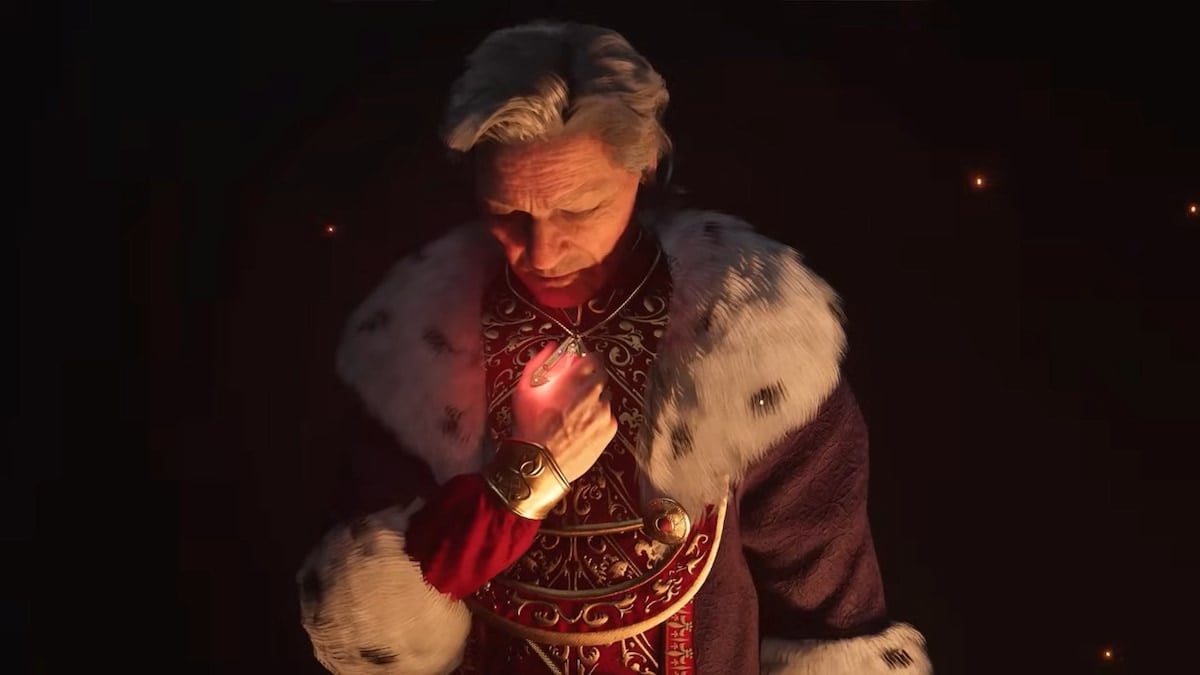
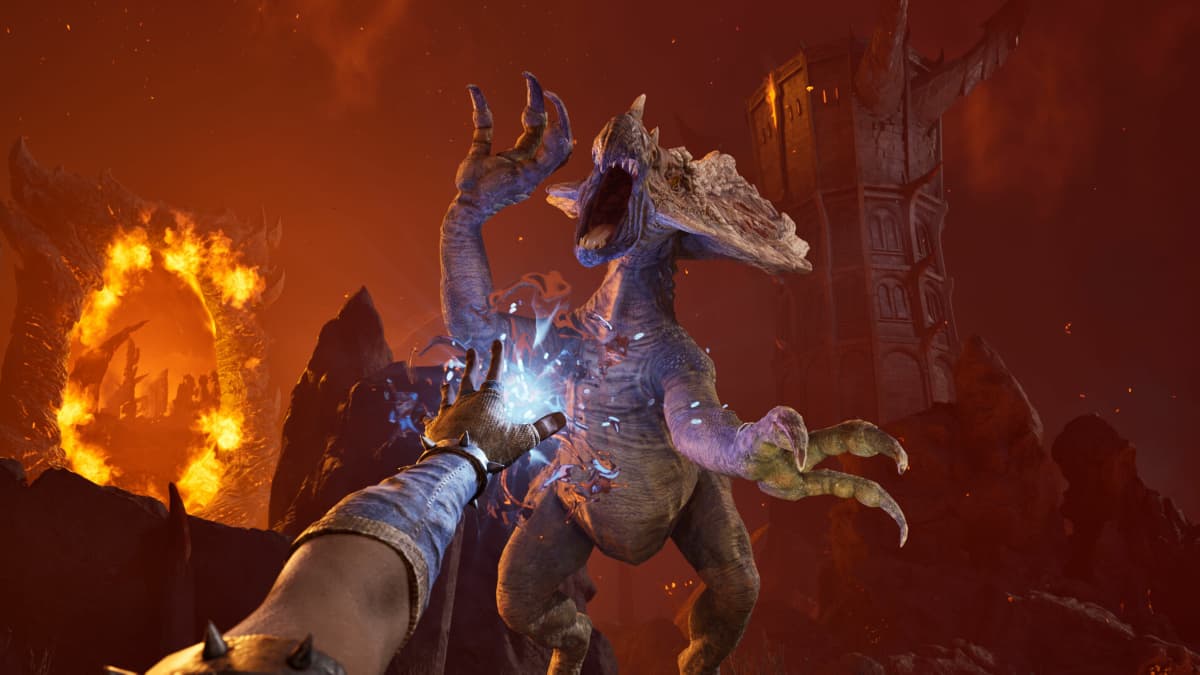
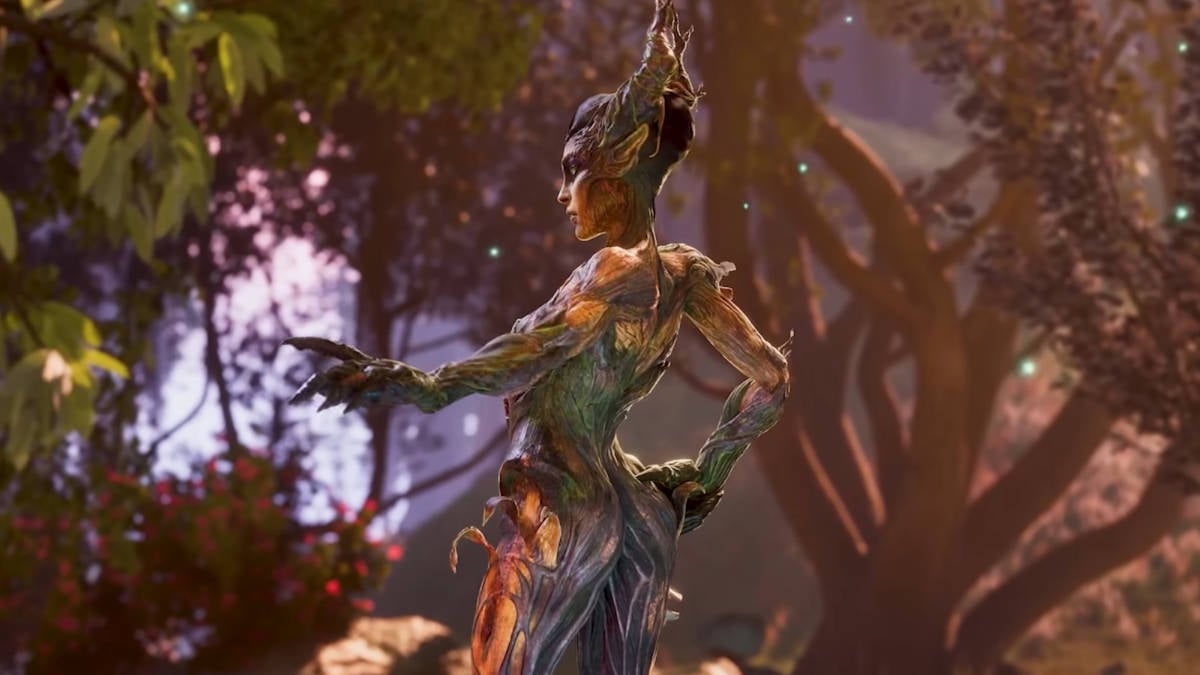
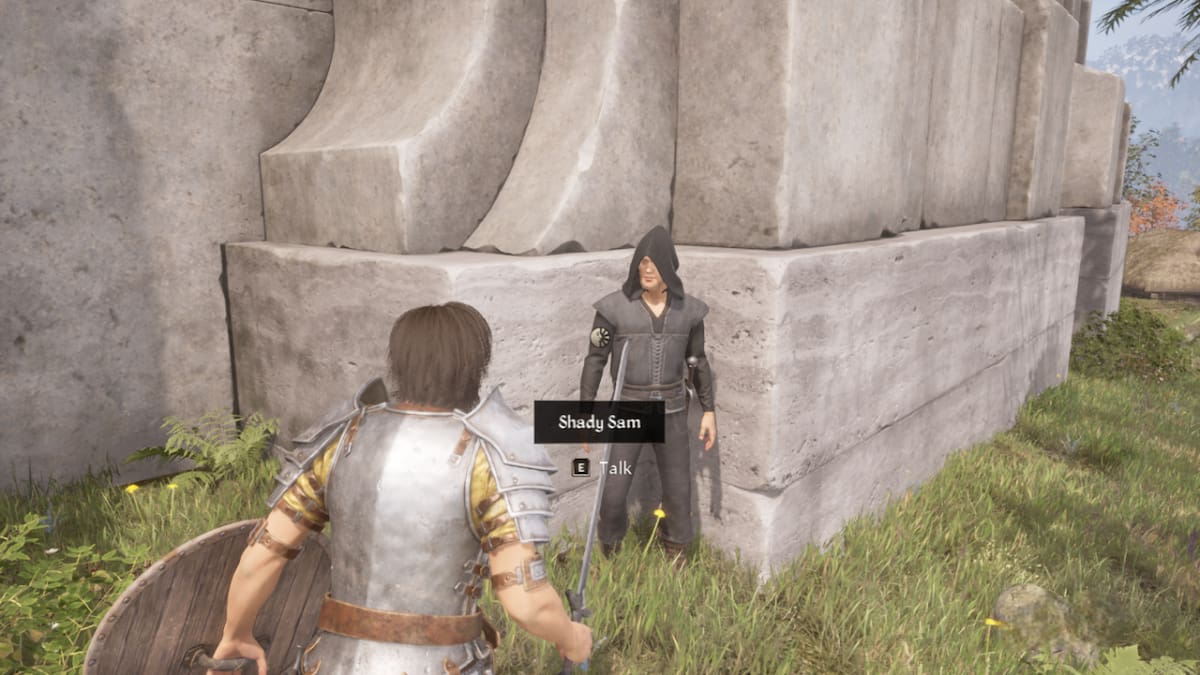
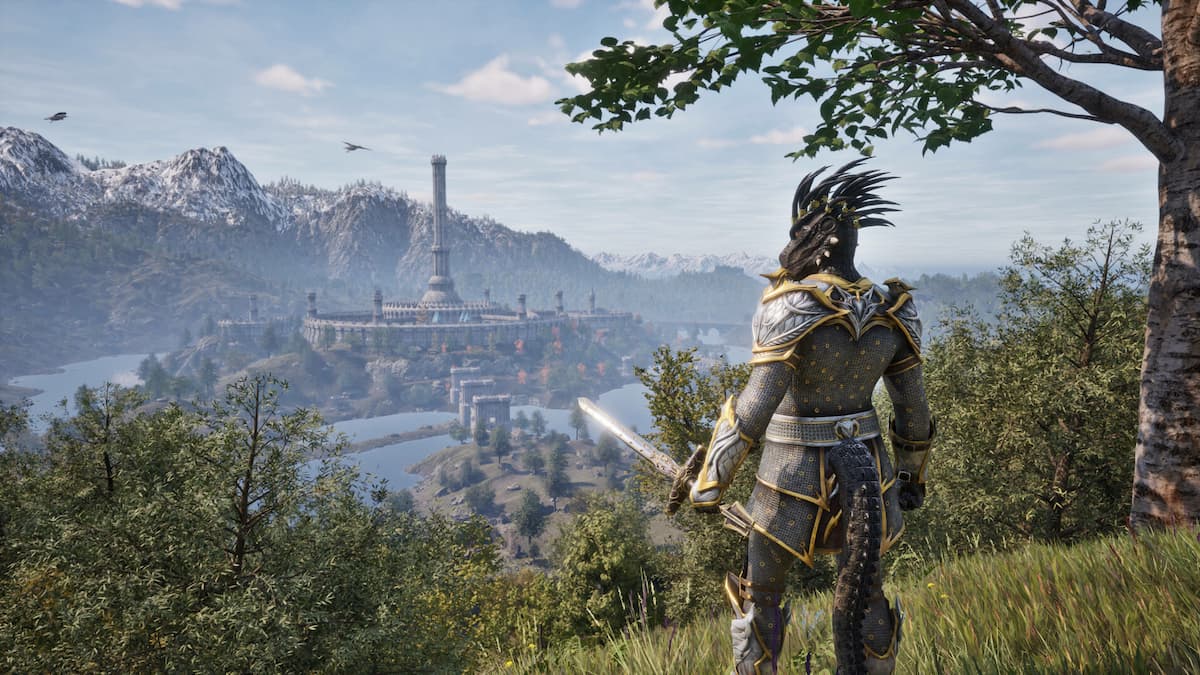
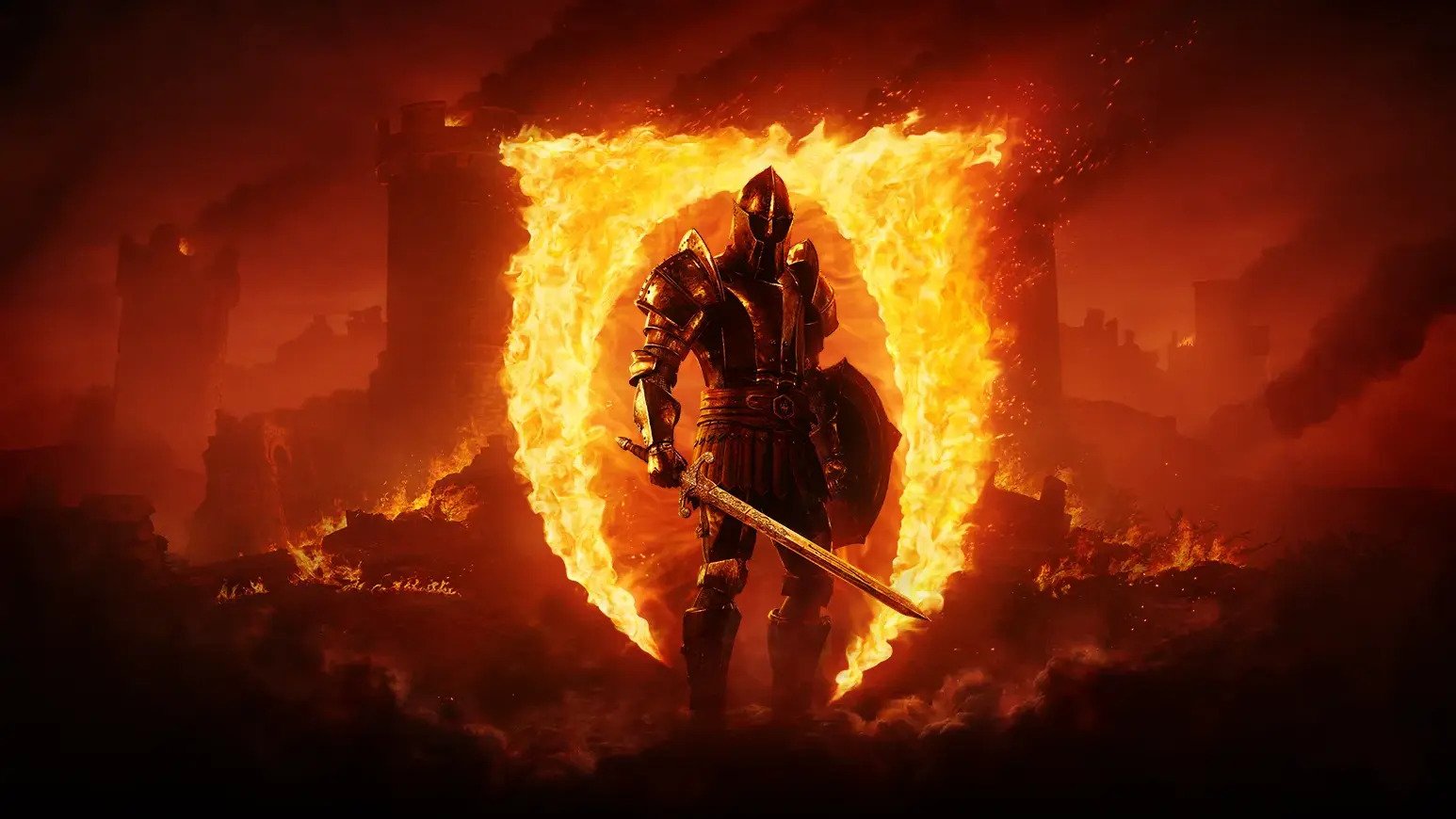
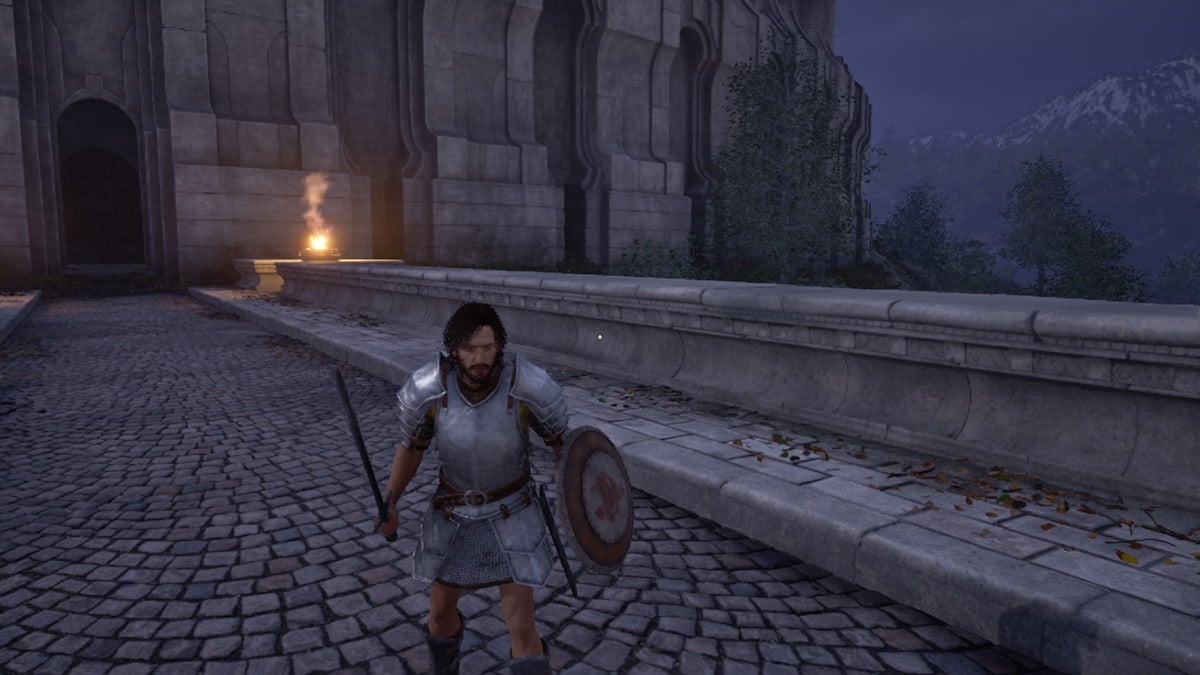
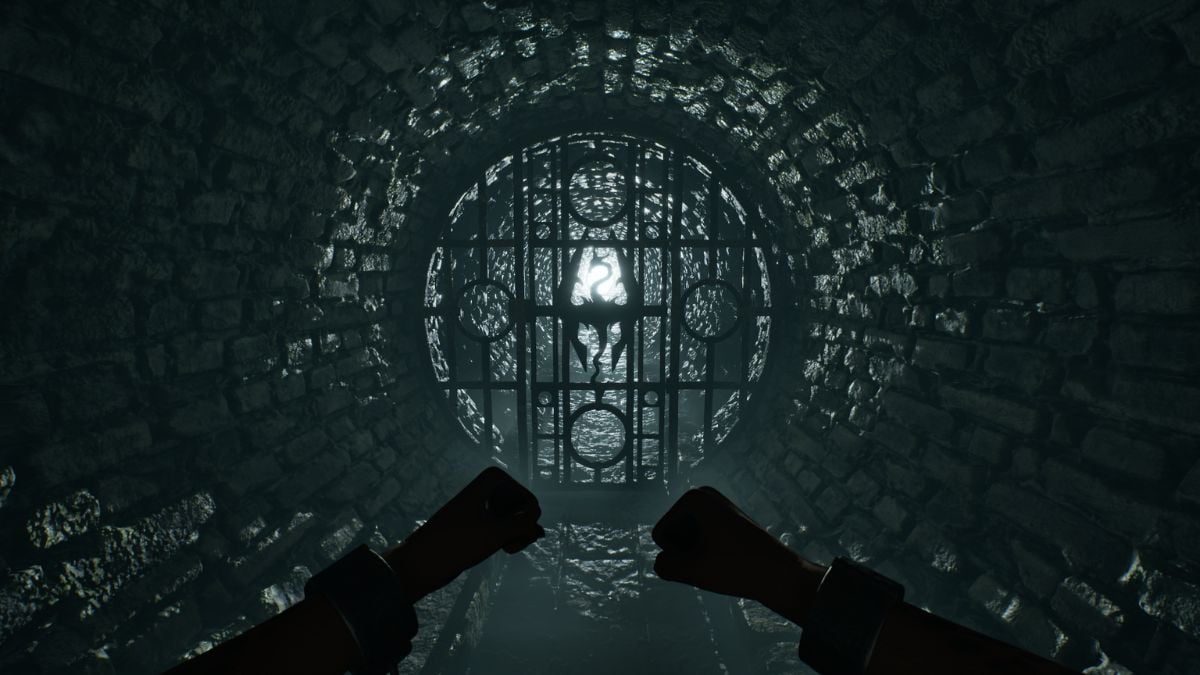
Published: Apr 23, 2025 07:47 am